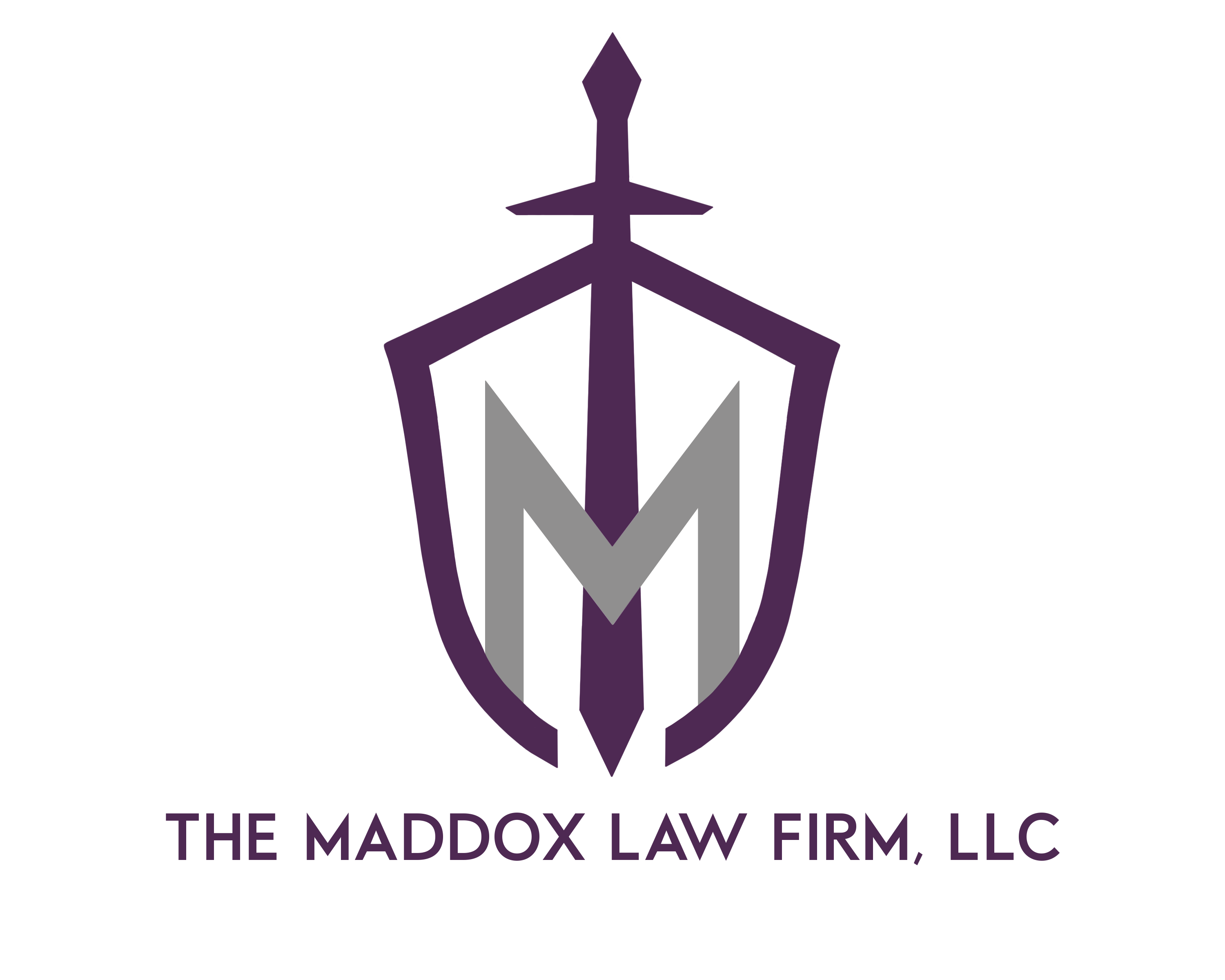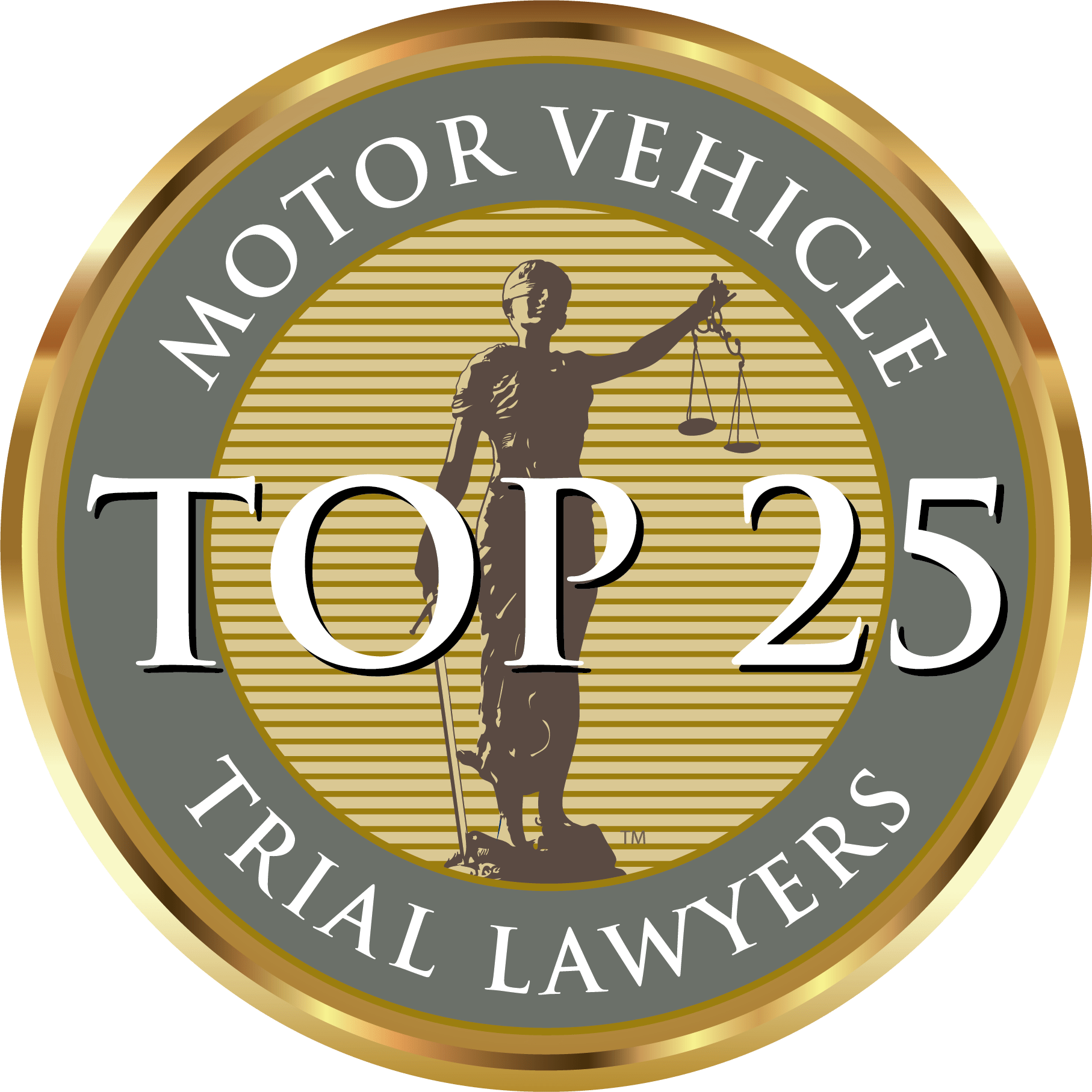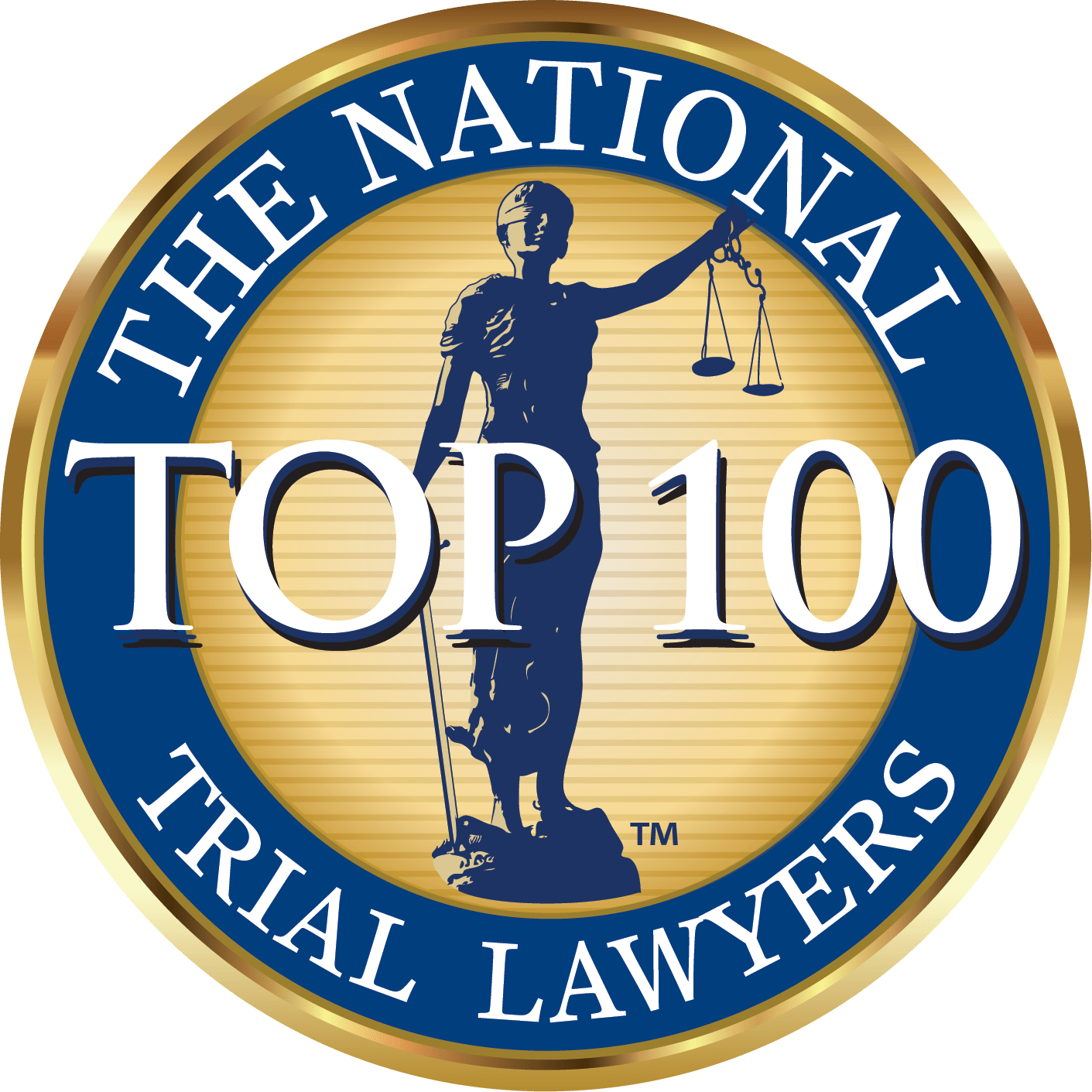Gun Crimes
Defense Attorneys Advocating For Gun Ownership Rights And Responsible Practices
More than one team member at The Maddox Law Firm, LLC, is a Connecticut pistol permit carrier and gun owner. We are constantly mindful of the importance of the Second Amendment. We are passionate about the defense of gun charges. At the same time, we also understand how crucial it is to practice safe gun ownership, including storage, carrying, and usage. As a responsible citizen, you must adhere to Connecticut’s strict and complex gun ownership, storage, and use regulations. Failure to adhere to Connecticut’s strict gun laws can result in grave consequences.
To exercise your Second Amendment rights intelligently and safely, it is in your best interests to seek the advice of a knowledgeable criminal defense attorney who can help you navigate the vast constellation of Connecticut firearms laws. It is also essential that your lawyer grasps the social and court cultures surrounding guns and gun control. This “culture” pervades every Connecticut gun case and must be understood to formulate an effective Connecticut gun charge defense strategy.
Recent legislation and continuing changes to Connecticut gun laws place very high burdens on Connecticut gun owners. It would be best if you remain compliant with all requirements and obligations. Whether you are purchasing a firearm, facing weapons-related charges, or are seeking clarity on your legal responsibilities, our Connecticut gun crime attorneys can provide the guidance you need to avoid legal liability.
We Are Ready To Defend You Against Gun Crimes Charges
Our attorneys at The Maddox Law Firm are prepared to defend you and advocate for you by utilizing more than 70 years of combined criminal litigation experience if you are facing charges such as:
- Possession of a pistol without a permit
- Criminal possession of a firearm
- Theft of a firearm
- Alteration of a firearm identification mark or serial number
- Illegal transfer of a firearm
Even if the prosecution appears to have overwhelming evidence against you, it is essential to remember that their actions, assumptions, and often unreliable eyewitness testimony can be challenged and exploited to demonstrate their case weaknesses.
Gun Violence Prevention Laws Add Legal Complexity For Owners
Following the tragic events at Sandy Hook, Connecticut, lawmakers passed massive legislation that unequivocally prohibits the sale of assault rifles and high-capacity magazines within the state. Additionally, the registration requirements for firearms were substantially strengthened. The definitions of banned and heavily regulated firearms and ammunition have also been expanded.
Consequently, owning and using guns in Connecticut has become immensely complicated. Purchasing long guns and handguns is highly regulated. Many factors can disqualify someone from purchasing or possessing firearms, and violating many of Connecticut’s gun laws carries the possibility of a felony conviction and possible permanent revocation of your right to carry a firearm.
Connecticut Gun Law Developments
It is important to be aware of the following policies and regulations if you own or intend to own a gun in Connecticut:
Restricted locations for carrying firearms – Prohibits carrying of firearms in various locations such as schools, state, and federal buildings and parks.
High-risk repeat offenders – The primary objective of this policy is to significantly enhance the response rate for individuals who have repeatedly committed severe offenses involving firearms and are currently on bail, probation, or parole.
Ghost guns – All unregistered “ghost guns” assembled before the state’s ban in 2019 are now included in the ban.
Bulk purchase of guns – Selling more than three handguns to any individual is strictly prohibited within 30 days. Instructors are permitted to purchase up to six firearms. However, it is essential to note that law enforcement agencies, returns/exchanges, and transfers to a museum are exempt from this rule.
Self-storage – All situations, and not just those involving minors or prohibited individuals, are now covered by the state’s safe storage laws. These apply to in-home storage and storage within an automobile and describe specific requirements for securing your firearm.
Assault weapons ban – This law forcefully eliminates all potential loopholes in the state’s ban on assault weapons. It includes “other” firearms that share similar features with banned pistols and rifles and “pre-ban” guns that were previously exempted from the original ban before September 13, 1994. Starting in 2023, a new registration process is required for these weapons. While registered owners can continue to possess these weapons, it is generally prohibited to transfer them to others.
Large-capacity magazine ban – If you possess a large-capacity magazine (more than 10 bullets) on or after January 1, 2014, acquired before April 5, 2013, you face an infraction and a fine of up to $90 for the first offense – a subsequent offense skyrockets to a Class D felony. If you obtained a large-capacity magazine AFTER April 5, 2013, this is a criminal offense and a Class D felony.
Underage purchases of guns – Individuals under 21 are prohibited from purchasing semiautomatic rifles with more than five rounds. This law will cover private sales in the state.
Pistol permit training – Updated training requirements for pistol permits and eligibility certificates now mandate instruction on safe storage, state firearms laws, and lawful use of firearms. Failure to comply will result in disqualification.
Domestic violence – Anyone alleged to commit a family violence crime or a federal misdemeanor domestic violence crime will be ineligible to obtain a pistol permit.
Trigger locks – All firearms, not handguns, must be sold with a trigger lock.
Transport – All long guns, including those categorized as “other,” must be unloaded during transport in a vehicle.
Body armor – A valid pistol permit or eligibility certificate is mandatory for those seeking body armor. Some exemptions are available to law enforcement officers, state and judicial officials, and military personnel.
If you have questions about your rights and responsibilities related to these regulations, please reach out to our experienced attorneys for knowledgeable advice and guidance.
You Have Rights, And We Can Help You Protect Them – Reach Out Today
In cases of gun crimes, investigators and prosecutors often employ surprise tactics. You must understand your rights, regardless of whether you are under investigation or have been apprehended. If you’re facing firearm use or possession charges in Connecticut, seek help from our gun crimes defense team at The Maddox Law Firm who will fiercely safeguard your Second Amendment rights.
To schedule your initial consultation, give us a call at (203) 822-6610 or contact us online.
Hablamos español. Nous parlons français.
FAQ












